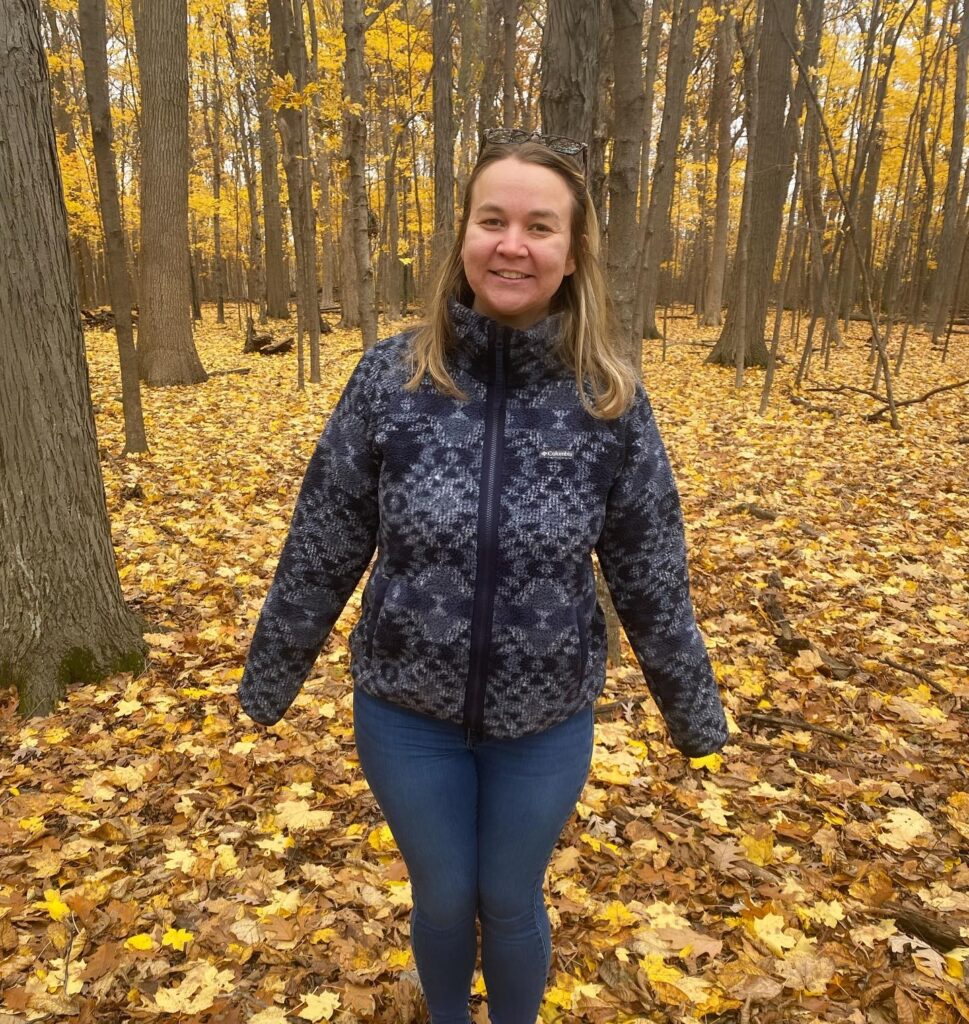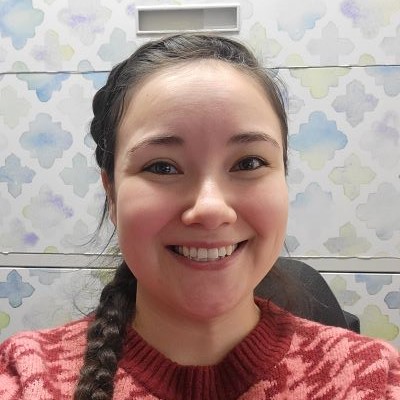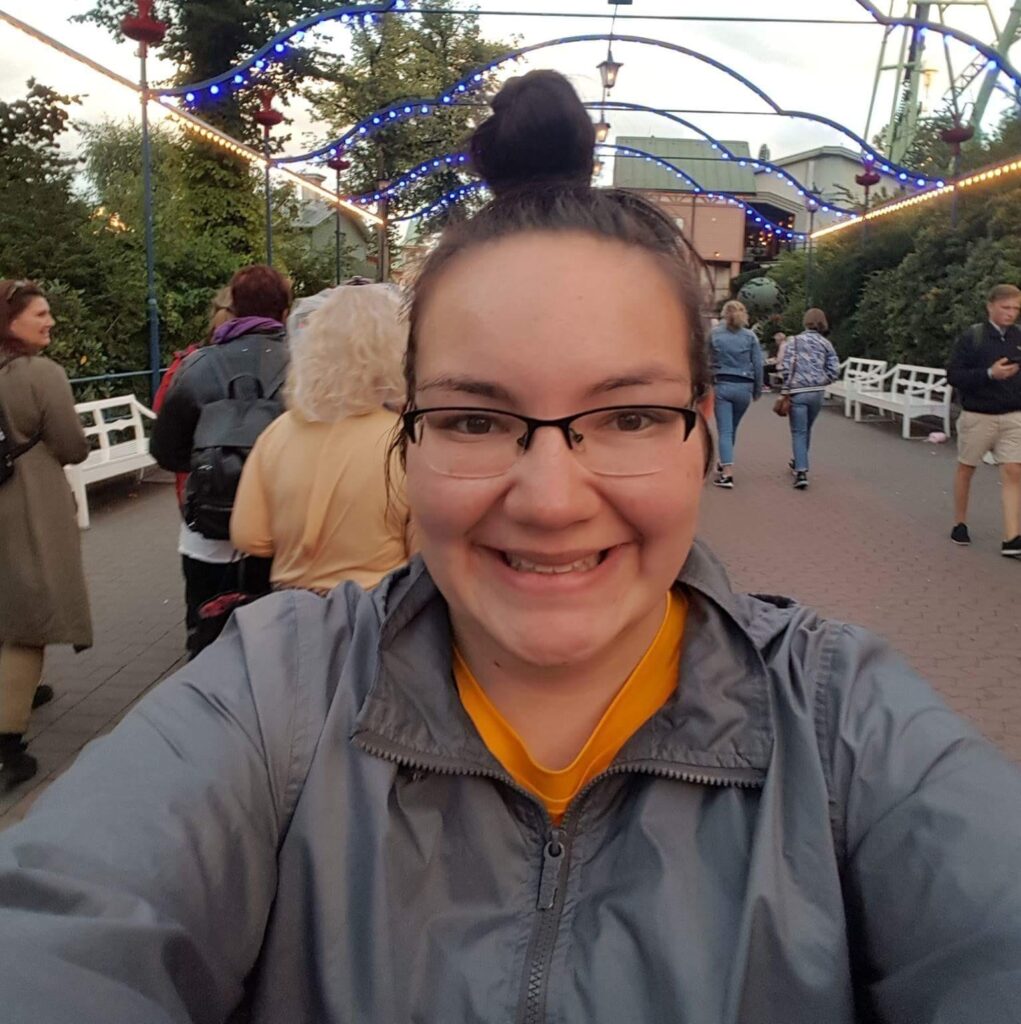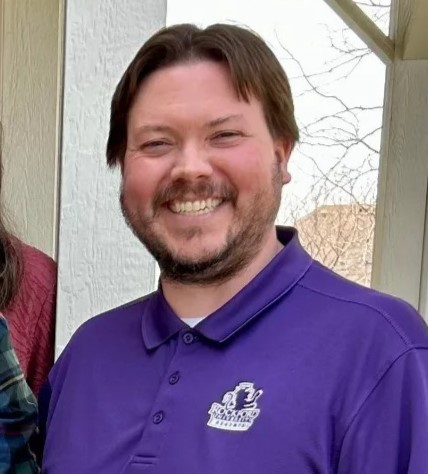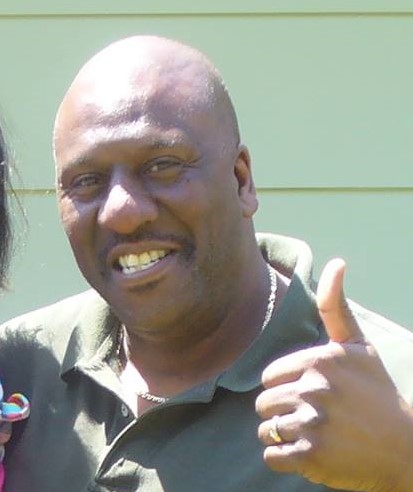About Us
Global Ties is a non-profit membership group that recently celebrated 50 years of leadership in citizen diplomacy. Founded in 1961, Global Ties membership includes individuals, program agencies, and 94 community organizations throughout the United States. Global Ties members design and implement professional programs, provide cultural activities, and offer home hospitality opportunities for foreign leaders, specialists, and scholars participating in the U.S. Department of State International Visitors Leadership Program and other exchange programs.
With leadership and training provided by Global Ties member organizations, experts match the resources of their communities with the needs of international visitors. Each member organization relies on a corps of volunteers who serve as board members, professional resources, mentors, and hosts. More than one-fourth of member organizations are completely staffed by volunteers. Among various activities, Global Ties program agency members orchestrate national programs utilizing the services and expertise of community-based members. The aggregate activities of Global Ties members involve more than 80,000 members annually.
FAIVC has collaborated with Global Ties for over 50 years, and Global Ties has been instrumental in making these connections possible. As a non-profit partner of the U.S. Department of State, we sustain a network that coordinates international exchange programs and brings current and future leaders from around the world to communities throughout the U.S.
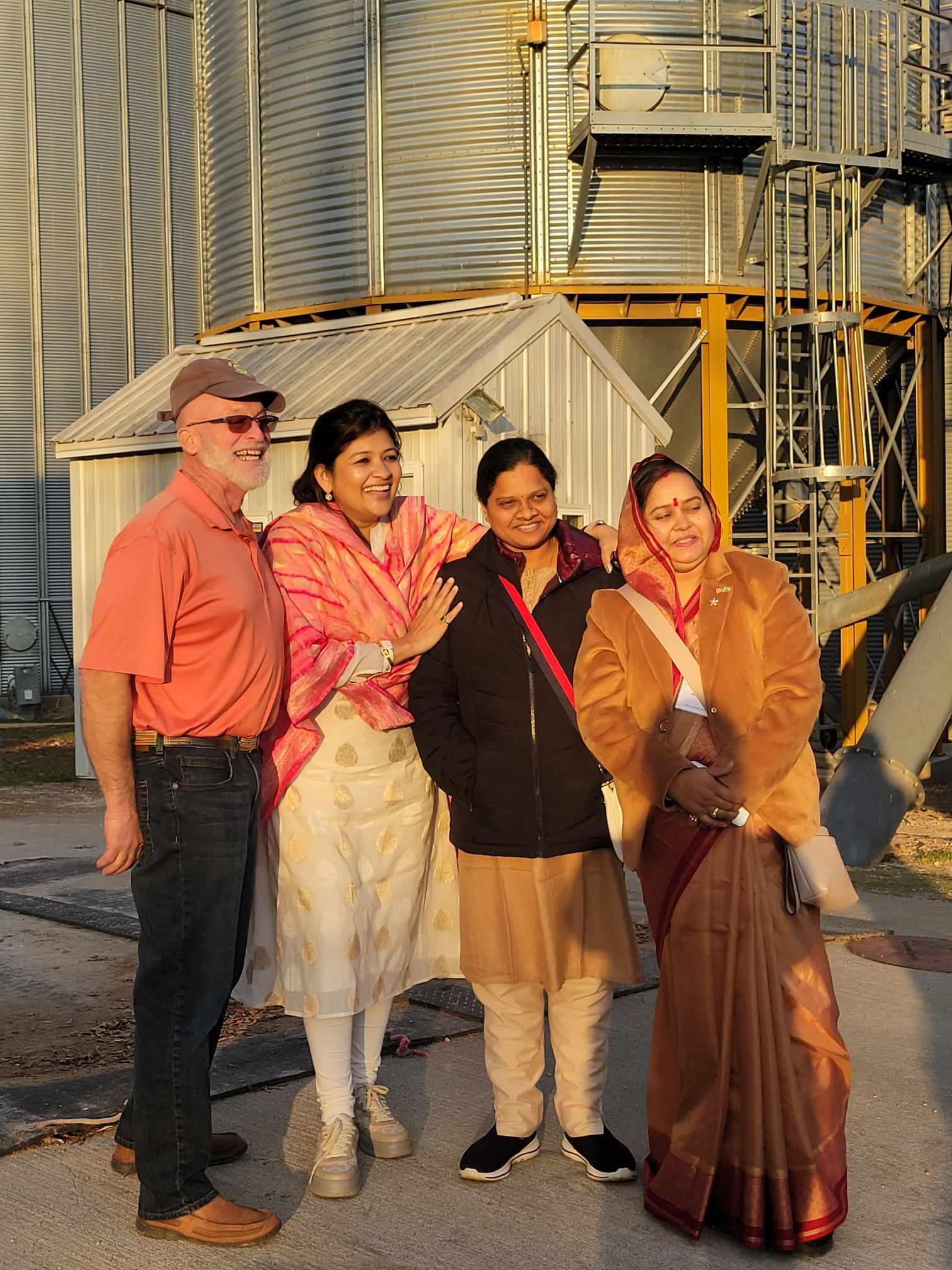
Board Members
Testimonials
Our commitment to diversity
Moving values of diversity, equity, inclusion, and justice to the center of international exchange programming is essential to building the trust with individuals, communities, and nations that our mission demands.
Land Acknowledgement
We recognize a responsibility to acknowledge the historical context in which Freeport was built upon. We are currently on the traditional lands of several Tribal Nations including Kiikaapoi (Kickapoo), Peoria, Sauk, and Meskwaki, Bodewadmiakiwen (Potawatomi),Ho-Chuck (Winnebago), Miami, and Očeti Šakówiŋ (Sioux. These populations, along with other tribes before them, have stewarded this land at different times throughout history.
These lands were traditional territory of Native Nations prior to their forced removal. The lands continue to carry the stories of the Nations and their struggles for survival and identity.

